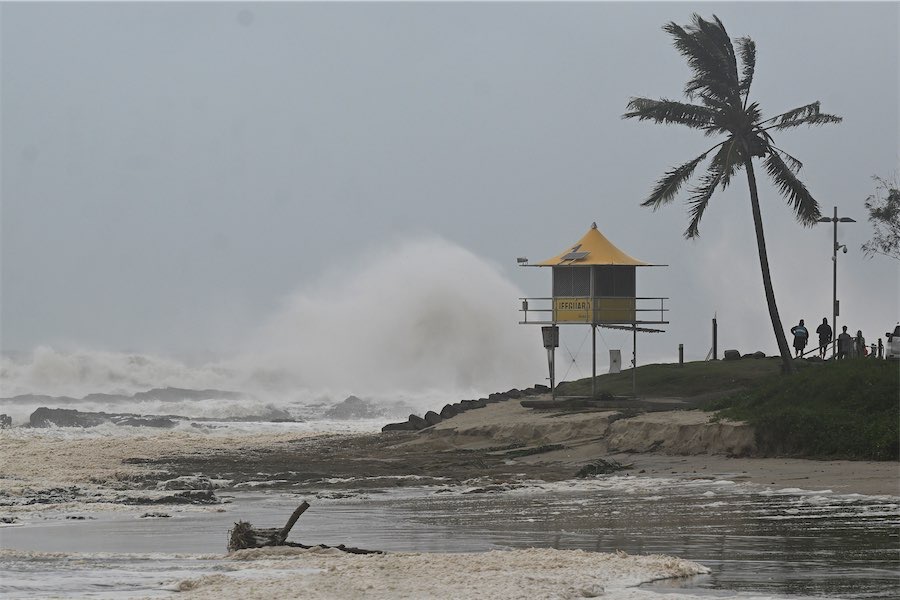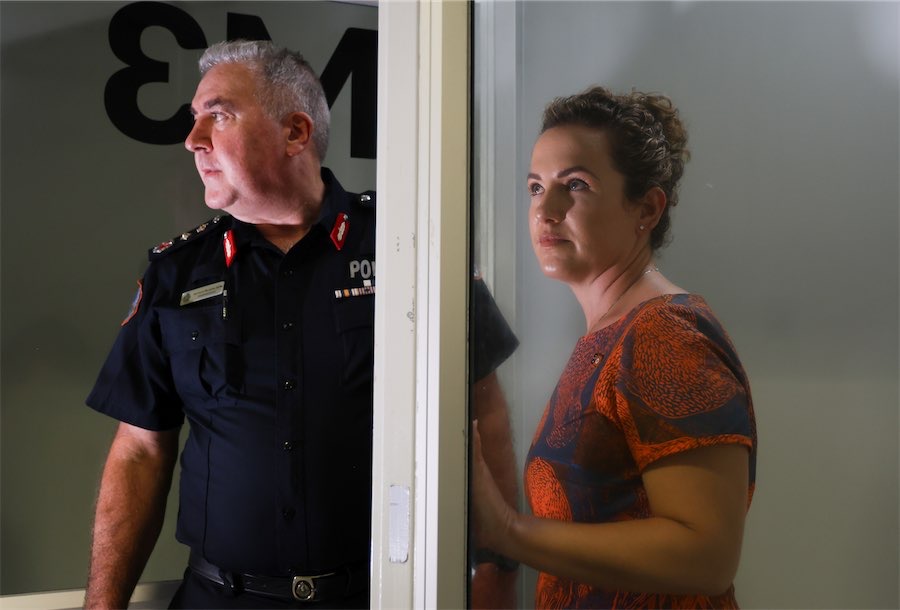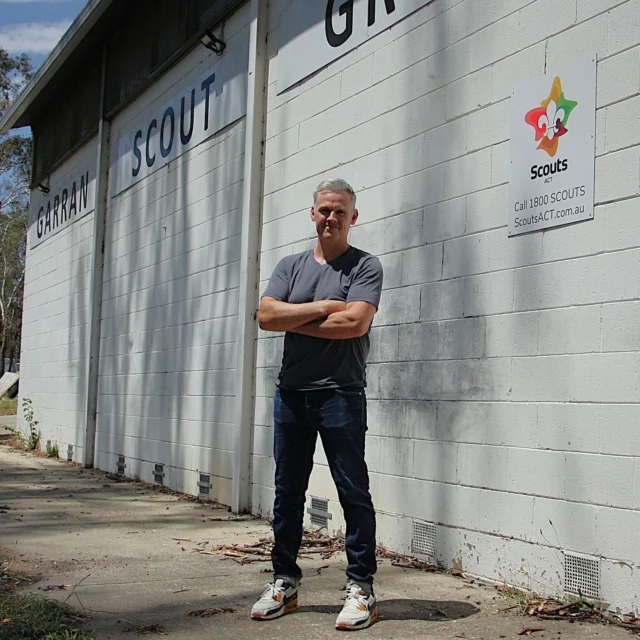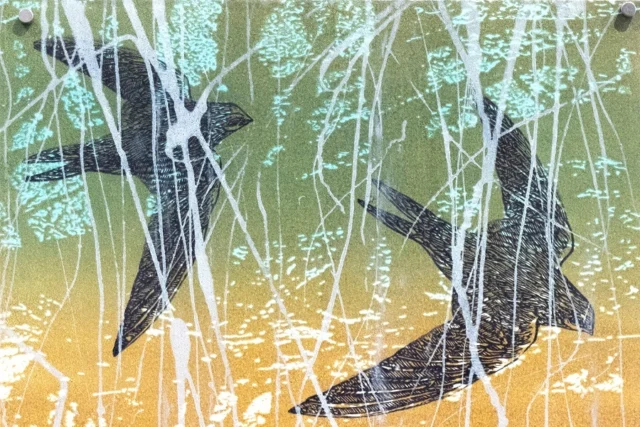
By Dominic Giannini and Andrew Brown in Canberra
Australians are being promised a safer online experience through measures to force social media companies to put greater emphasis on user welfare.
A digital duty of care for tech giants will mean companies will have to take reasonable steps to prevent foreseeable harm to users.
It means tech giants will need to “create safe spaces and forces them to drive up their online safety measures and protections,” online harms and social media expert Faith Gordon told AAP.
“If a duty of care is defined and designed carefully and enforced strongly, this could be a complete game changer for online safety and the protection of kids in Australia”, she said.
Asked about its effectiveness, the associate professor said Australia wasn’t the first nation to implement such measures and pointed to the UK model as a good example.
“Tech companies will be required to implement risk assessments and have clear complaints mechanisms,” she said.
“This is a positive move for Australia.”
This will be complemented by legislating harm categories, which could include young people, mental wellbeing, illegal content and the instruction or promotion of harmful practices, Communications Minister Michelle Rowland said.
Sites such as Facebook, X and Instagram would have proactive obligations to keep users safe.
Stronger penalties against non-compliant tech giants would apply, with current fines of under $1 million out of step with other consumer protection penalties, Ms Rowland said.
“We will have a penalty regime that is effective,” she told Sydney radio 2GB on Thursday.
International Justice Mission, an NGO focused on human rights, welcomed shifting the onus from the eSafety commissioner to issue takedown notices to tech platforms legally needing to take proactive steps.
“This is a necessary step to protecting Australian children from online sexual abuse, and children around the world from exploitation by Australian offenders,” CEO David Braga said.
DIGI, an industry not-for-profit that includes companies such as eBay, Meta, TikTok and X, said its members represented some of the safest sections of the internet.
Members would “continue to deliver safety-by-design on their services and work constructively with the government to keep Australians safe online” while awaiting more details, managing director Sunita Bose said.
A broad duty of care was a more balanced and proportionate approach to a blanket ban on social media for children and young people, Human Rights Law Centre senior lawyer David Mejia-Canales said.
“While the government’s concern for young users’ safety is understandable, blanket bans risk cutting young people off from important opportunities to engage, learn and share information online,” he said.
The comments referred to the federal government’s proposed laws to ban those aged under 16 from social media that are backed by the coalition.
The opposition is pushing to have it passed immediately rather than be referred to any parliamentary inquiry.
A definition of age-restricted services would be in the legislation and would likely capture YouTube, while Snapchat could fall within the criteria, Ms Rowland said.
Opposition communications spokesman David Coleman said Snapchat shouldn’t be exempt from the age limit after the minister said the argument it was a messaging service and not social media needed to be assessed.
Snapchat said its app was designed “to be the antidote to traditional social media platforms” as it doesn’t connect people to others they don’t know in real life, nor offer “likes” and other social metrics.
The popular app allows people to send disappearing photos, videos and messages as well as pushing short clips from content producers.
Platforms would be encouraged to develop low-risk services with exemptions for education and health purposes, Ms Rowland said, but the coalition rejected any carve-outs.
Who can be trusted?
In a world of spin and confusion, there’s never been a more important time to support independent journalism in Canberra.
If you trust our work online and want to enforce the power of independent voices, I invite you to make a small contribution.
Every dollar of support is invested back into our journalism to help keep citynews.com.au strong and free.
Thank you,
Ian Meikle, editor









Leave a Reply